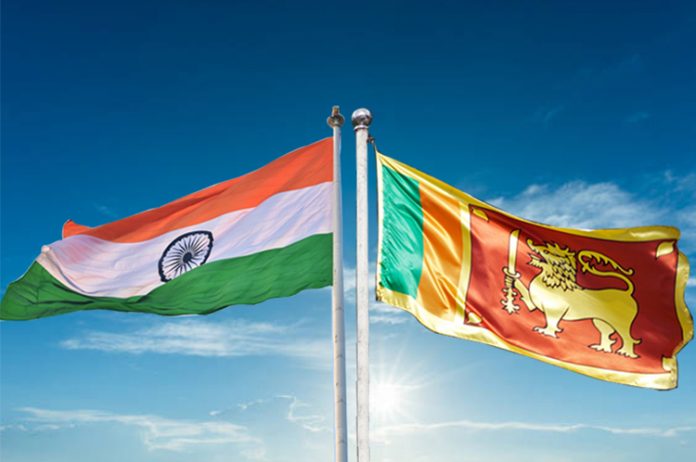Government is set to introduce a Unitary Digital Identity framework for Sri Lankans with Indian grant, official sources confirmed.
A Memorandum of Understanding will be signed with India to obtain this grant to implement the Digital Identity scheme ,Ministry of Technology announced.
It has decided to prioritise the implementation of this Framework for Sri Lanka as a national level programme.
Under the proposed Unitary Digital Identity Framework, it is expected to introduce a personal identity verification device based on bio metric data, a digital tool that can represent the identities of individuals in cyberspace.
The identification of individual identities can be accurately verified in digital and physical environments by combining the two devices, a senior official of the ministry disclosed.
During the bilateral talks between the President and the Prime Minister of India in December 2019, the Government of India agreed to provide a grant to implement the Unitary Digital Identity framework.
Accordingly, the Cabinet of Ministers approved the proposal made by the President in his capacity as the Minister of Technology, to work towards the signing of a Memorandum of Understanding to obtain the said grant and to implement the proposed project under that grant.
It also comes amid substantive economic assistance from India – totalling US $ 1.4 billion since the beginning of this year – to Sri Lanka, to help the island nation cope with its dollar crunch, and import food, medicines and fuel amid frequent shortages.
While India has confirmed support for Sri Lanka’s effort to transition to a digital identity system, there is no official information yet on the value of the grant, and whether it would include technological support or training. Queried on the specifics of the agreement, Colombo-based official sources said the terms of the agreement are “being worked out”.
This is not the first time that Sri Lanka is attempting to digitise its citizens’ identities. Just a few years ago, the predecessor Maithripala Sirisena-Ranil Wickremesinghe administration, in power from 2015 to 2019, mooted a similar Electronic National Identity Card or E-NIC that privacy advocates opposed on grounds that the state would have full access to citizens’ personal data in a central database.
The former Mahinda Rajapaksa government tried initiating the project as early as 2011. Neither project was implemented.
The unitary digital identification framework has been prepared jointly by Sri Lanka Information and Communication Technology Agency (ICTA) and the Department of Registration of Persons whereas implementation of the project of electronic national identity cards has been recognised as one component under it,” Minister Ramesh Pathirana said.
Granting approval for the unitary digital identification framework for Sri Lanka that has been finalised by the Committee entrusted with the planning of the relevant programmes.
